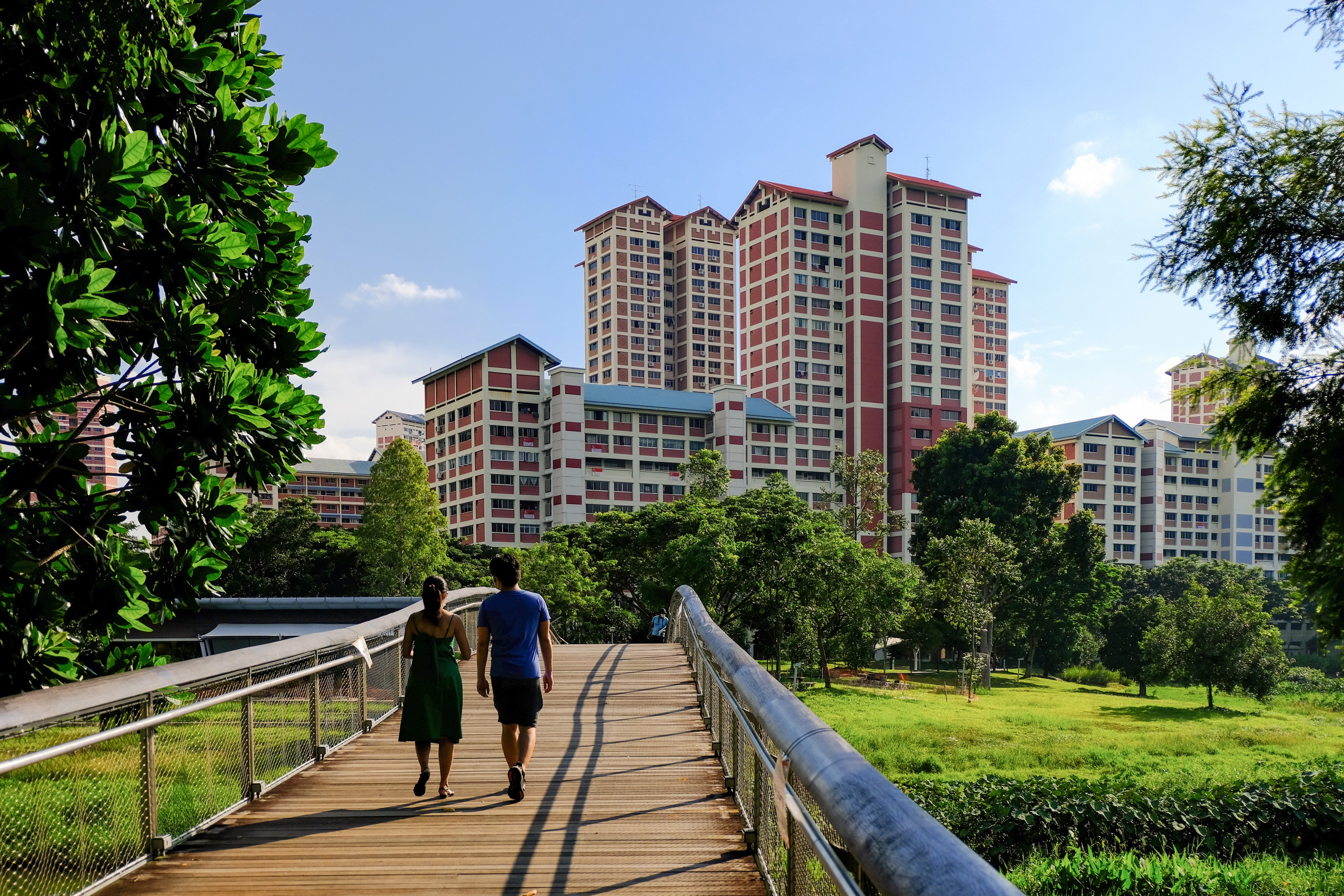Are HDB Resale Prices Expected to Grow at a Slower Pace of 5% to 8% in 2025?
The landscape of Singapore's Housing and Development Board (HDB) resale market is ever-evolving. Recent years have seen significant fluctuations in resale prices, influenced by various economic factors and government policies.
As we look ahead to 2025, forecasts suggest a moderation in growth rates, with estimates indicating an increase of just 5% to 8%. This article delves into the reasons behind this anticipated slowdown and its implications for buyers and sellers alike.
Recap of Recent HDB Resale Market Performance
In the past few years, the HDB resale market has experienced notable fluctuations.
- In 2021, prices surged by 12.7%, followed by a 10.4% increase in 2022.
- However, growth began to cool in 2023, with a more modest increase of 4.9%.
- The year 2024 saw a resurgence, with prices climbing 9.6%, reflecting a strong demand despite rising interest rates and economic uncertainties.
These statistics illustrate a market that has been both resilient and responsive to external pressures, including government cooling measures and shifts in buyer sentiment.
Factors Contributing to Slower Growth in 2025
Several key factors are expected to contribute to a slower growth trajectory for HDB resale prices in 2025.
- Interest Rate Hikes:
Rising interest rates are a significant concern for potential buyers. As the cost of borrowing increases, mortgage affordability diminishes, leading to reduced buyer demand.
Higher loan repayments can deter first-time buyers and those looking to upgrade their homes. Consequently, this may lead to a cooling effect on resale prices.
- Increased Supply of New BTO Flats:
The government’s commitment to launching more Build-To-Order (BTO) flats will likely divert some demand away from the resale market.
With an expected decrease in BTO launches in 2025, potential buyers may find themselves with more options in the new flat segment rather than opting for resale properties.
- Government Cooling Measures:
Existing cooling measures have been implemented to stabilise the housing market. These include increased stamp duties and tighter loan-to-value ratios.
Should the market show signs of overheating again, further cooling measures could be introduced, which would further dampen resale price growth.
- Economic Outlook:
The broader economic conditions also play a crucial role. Factors such as inflation rates and employment levels directly influence housing demand.
A stable job market typically supports housing demand. However, any economic downturn could lead to decreased buyer confidence and lower resale prices.
Analysing the 5% to 8% Growth Projection
Understanding what a 5% to 8% growth rate means is crucial for stakeholders:
- Contextualising the Growth Rate: A 5% increase on an average HDB flat priced at SGD 575,000 translates into an additional SGD 28,750, while an 8% increase would add SGD 46,000.
- Comparing to Historical Trends: Historically, such growth rates are significantly lower than the double-digit increases seen in previous years. This indicates a shift towards more sustainable price appreciation.
- Expert Opinions and Forecasts: Analysts from property consultancy firms like Huttons project reported that while growth will slow down, demand will remain steady due to ongoing interest from first-time buyers and those unable to secure BTO flats.
Impact on Different Stakeholders
Understanding how these changes affect various groups is essential for making informed decisions.
First-Time Home Buyers:
For first-time buyers, slower price growth may present a golden opportunity. With prices stabilising, there is potential for improved affordability compared to previous years.
However, careful financial planning is essential; prospective buyers should assess their budgets meticulously before entering the market.
Existing Homeowners (Sellers):
Current homeowners looking to sell may find that their profit margins are squeezed due to slower price growth.
Realistic pricing strategies will be crucial. Sellers should price their properties competitively based on current market conditions, not on past inflated expectations.
Upgraders/Downsizers:
For those considering upgrading or downsizing, it’s vital to weigh current market conditions carefully. The decision should factor in not only personal circumstances but also broader market trends that could affect future property values.
Long-Term Outlook for the HDB Resale Market
Looking beyond immediate forecasts, several long-term factors will continue influencing the HDB resale market:
- Demographic Trends: Singapore's aging population may shift housing preferences towards smaller units or retirement-friendly environments.
- Government Policies: Ongoing adjustments in housing policies will play a critical role in shaping the market landscape.
- Economic Developments: As Singapore navigates global economic challenges, local employment rates and inflation will remain pivotal in determining housing demand.
Conclusion
Several factors are converging to suggest that HDB resale prices will grow at a slower pace of 5% to 8% in 2025.
Rising interest rates, increased supply of BTO flats, existing government cooling measures, and broader economic conditions all contribute to this forecasted moderation.
For both buyers and sellers, this environment underscores the importance of careful planning and informed decision-making.
Staying updated on market trends and seeking professional advice can provide valuable insights that help navigate this shifting landscape effectively.
Whether you are entering the market for the first time or considering selling your property, understanding these dynamics will be crucial for making sound financial decisions moving forward.
Let us know what you think about this topic, and what do you want to hear next.
You can now be our community contributor and make a pitch to have your favourite personality be on our show.
Join our community group and drop us your insights on this topic.

-3.png?width=50&name=Square%20(2)-3.png)









Let us know what you think of this post